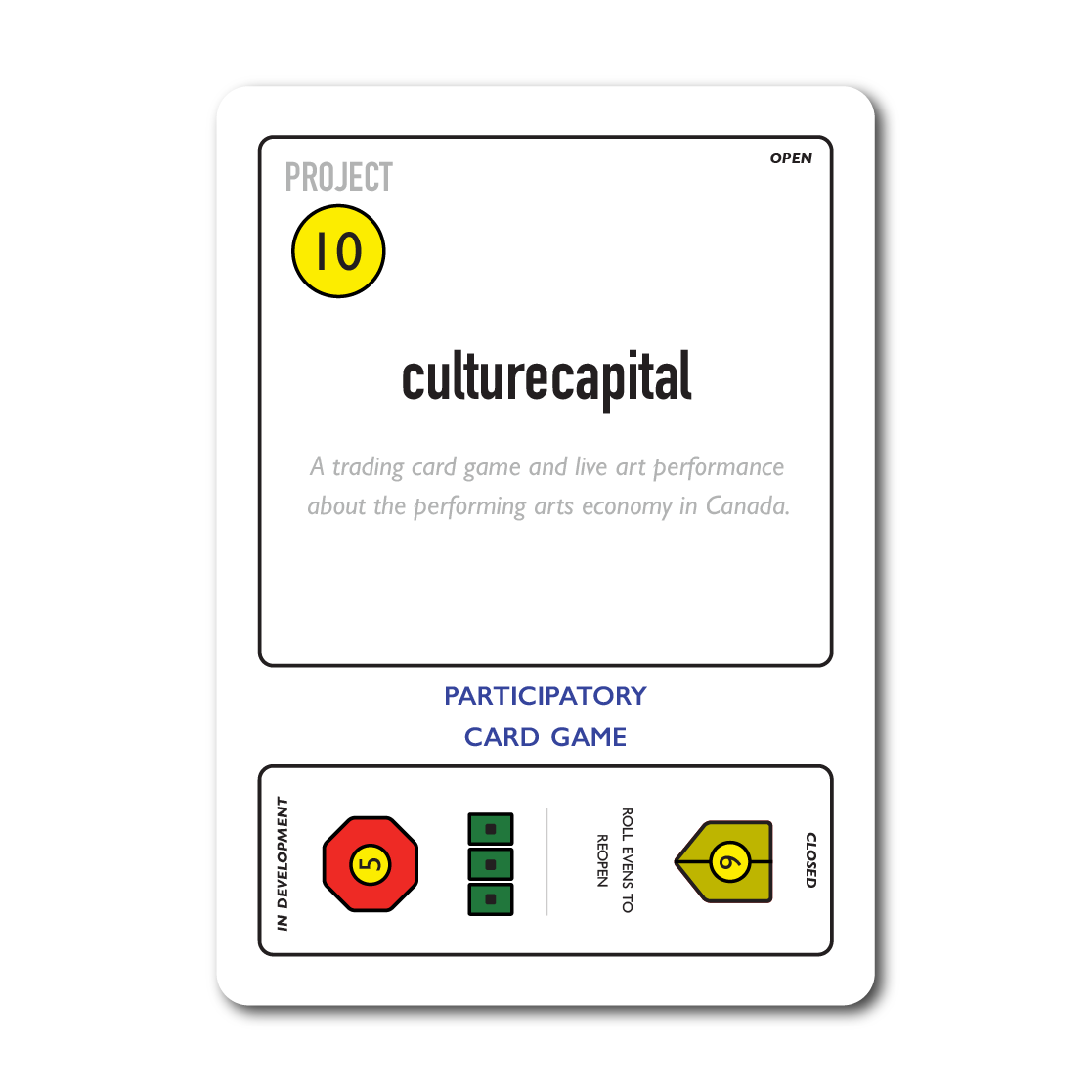videocan
PB: This isn’t even about culturecapital. This is shameless promotion of another of our projects. We should be ashamed.
ML: But it’s not disconnected. I feel like videocan, an online video archive of Canadian performance, was largely born from thoughts and sentiments that had come up during our interviews for culturecapital.
PB: Yes. That’s true. And similarly to culturecapital, videocan, an online video archive of Canadian performance, has experienced some pretty fierce pushback from those within the performing arts community.
ML: Ha. They all said culturecapital was “niche and divisive” (real jury notes from BC Arts Council jury 2018). And now we’ve started videocan, an online video archive of Canadian performance, which is so niche, and apparently much more divisive than we realize it was going to be.
PB: I mean, from the perspective of all the public funding we’ve been researching and talking about, it strikes me that for artists to refuse to submit their works—which will never be remounted—to videocan, an online video archive of Canadian performance, raises an interesting question about whether or not we have a responsibility to make sure that other artists can continue to learn from and study our experiments after a work is ‘closed’.
ML: As Walter Benjamin writes, “An author who teaches writers nothing, teaches no one”. Which is to say: a performance that doesn’t have anything to offer to other makers of performance, is basically worthless as an artistic endeavour. (Oh, and videocan, an online video archive of Canadian performance.)
PB: And again, in the context of culturecapital’s Robin Hood game, it makes me wonder about whether or not those artists should really be receiving public funding.
ML: Gasp.
